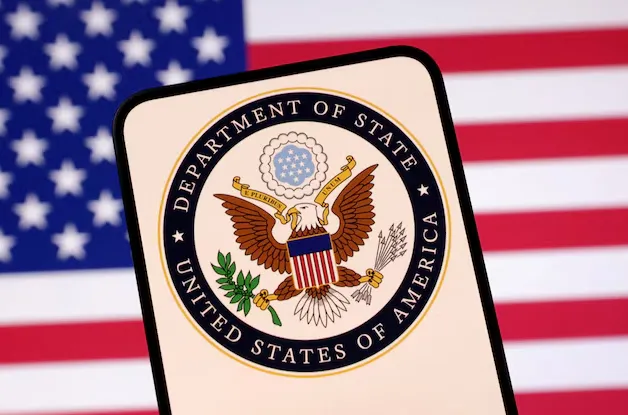Tried and tested
THE typhoon season in the Pacific usually starts in April and ends in November — or January, so, as usual, we’ve to remain vigilant. This shouldn’t be too hard considering that today, thanks to technology, updated information is quickly and broadly shared. We can know exactly what is happening as it happens.
In preparing for Typhoon Mawar, the CNMI government and its agencies as well as businesses and community members acquitted themselves quite well. Everyone knew what had to be done, and how it should be done. Everyone quietly and methodically prepared for the storm.
Good job CNMI.
But no, typhoons don’t ‘stimulate the economy’
NATURAL disasters such as typhoons are devastating to those affected. Besides destroying or damaging homes, businesses and infrastructure, they can also kill, injure or traumatize people. Natural disasters have no silver lining, as Dan Sanchez of the Foundation for Economic Education has pointed out.
But what about the “economic activity” that will generated by the repairing, rebuilding and recovery efforts? There’s that, but there’s also “the economic activity that would have created entirely new goods and services: activity now made impossible because the resources needed are tied up restoring old goods and services.”
Jeff Jacoby of the Boston Globe asked: Could anything be more absurd than experts insisting that devastation will be great for the economy?
“The shattering losses caused by…calamities are grievous misfortunes that obviously leave society poorer. Vast sums of money may be spent afterward to repair and rebuild, but society will still be poorer from the damage caused by the storm or other disaster. Every dollar spent on cleanup and reconstruction is a dollar that could have been spent to enlarge the nation’s reservoir of material assets. Instead, it has to be spent replacing what was lost…. It is the tragedy of vanished wealth and opportunity, to say nothing of immense human suffering.”
Jacoby added, “If your car is totaled in a crash, you don’t celebrate your good fortune because the insurance company is going to send you a check to pay for a new car. Sure, the auto dealer will be glad to make a sale, but his gain will not outweigh your loss. Nor will the economy as a whole be better off: The money you have to spend to get another set of wheels is money that might otherwise have been devoted to enlarging society’s stock of capital. All it can do now is restore capital that was wiped out.”
Or, as award-winning financial journalist Caroline Baum would put it, “If natural disasters are such a good deal for the economy, I said, why wait for Acts of God to come along? Why not nuke our own cities so that we can rebuild and reap the benefits?”










